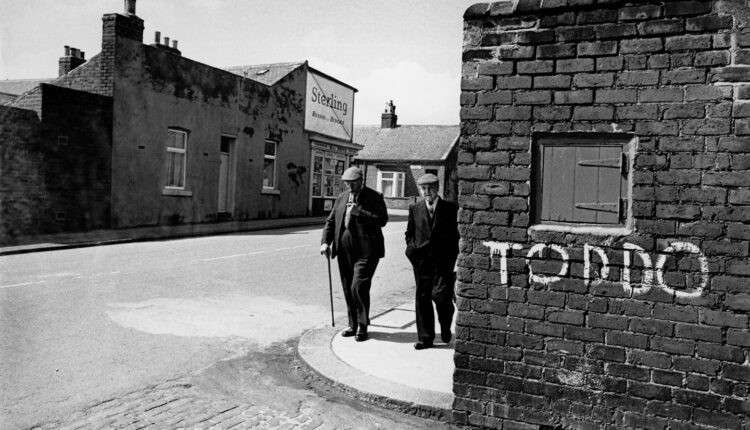On This Day (10th September 1966): Toddo Makes His Sunderland Debut.
Some outstanding young players have gone through the Sunderland youth systems, however, pound for pound, the best of all the children I have seen made his debut on this date in 1966.
Sunderland had only just equalised by a well-worked Alan Gauden goal at Stamford Bridge when captain Charlie Hurley was forced to leave the field in the 75th minute due to an injury sustained earlier in the game. Colin Todd, a 17-year-old replacement, replaced King Charlie to begin his first-team career.
Toddo, as the supporters started to call him, made a strong start in the fifteen minutes he was on the pitch, helping the Lads get a well-deserved point.
He was an unused substitute in the midweek League Cup match against Sheffield United and appeared on the bench again the following week in the league game against Leicester at Roker Park.
For this match, I was seated in the Roker End’s Boys’ Enclosure, and in the tenth minute, Slim Jim Baxter was forced to leave due to injury, and Toddo took his place. I wasn’t sure whether to cry or laugh.
I loved watching Slim Jim strut his stuff, but I’d seen Toddo play a few games for the youth team and was already a fan.
Todd made his full debut in a challenging League Cup game at Bramall Lane, which went to extra time and was won by an Alan Woodward goal in the 92nd minute, with Mick Jones and Alan Birchenall posing a serious challenge for the inexperienced rookie and the Sunderland defence.
Despite his difficult full debut, Toddo was a staple in the team by the conclusion of the season, appearing in twenty-seven games across all competitions and three off the bench.
What made him such a good player, you could ask? One of his most evident advantages was his speed. He was so fast on the ground but moved so gracefully that he often appeared to be moving slower than he was.
He definitely was, though, because he was catching extremely quick opposing players! His timing, combined with his speed, made tackling easier, which was usually decisive and clean. During training, he was referred to as a “Rolls-Royce” and possessed exceptional stamina.
Even as a child, he always appeared calm and cool on the ball, with an instinctive ability to recognise the basic pass and avoid “hospital passes” to his teammates.
He was an excellent cross-field or long-diagonal passer who could pass with both feet.
King Charlie Hurley was a huge supporter, stating, “I remember when I got back into the side and Toddy came in. He was really swift. I’m delighted he did so well. He was a great lad. I gave him plenty of advice, and he listened.
Todd’s arrival was expected to delay my career by two to three years, but he proved to be a fantastic asset. Todd described Hurley as “majestic” and acknowledged the guidance and experience shared.
Toddo had a different perspective on Slim Jim Baxter, and his comments reveal his motivation: “On his day, I thought Baxter was a genius.”
He could play and tear teams apart, but I don’t think we saw his finest side, owing to his inebriation. I don’t care what you say; if you don’t take care of yourself, you suffer.”
Doug Weatherall, a great fan of Todd, recalls going to see Jim Baxter one day (a player who was never short of a quip or some copy, typically focused on himself) shortly after Todd had joined the squad.
Baxter said him, “You should write about young Toddy; he wins the ball and gives it to me.” The Scottish enigma bestows high praise!
Read more on Straightwinfortoday.com




Comments are closed, but trackbacks and pingbacks are open.